Seabed Carbon Risks: What Our Evidence Shows
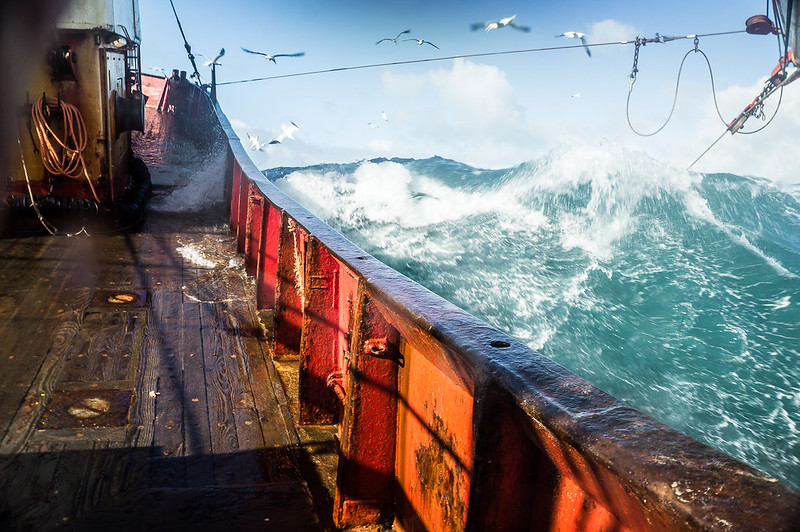
A new technical briefing reviews the latest evidence on how trawling, other human activities and climate change affect seabed carbon.

A new technical briefing reviews the latest evidence on how trawling, other human activities and climate change affect seabed carbon.
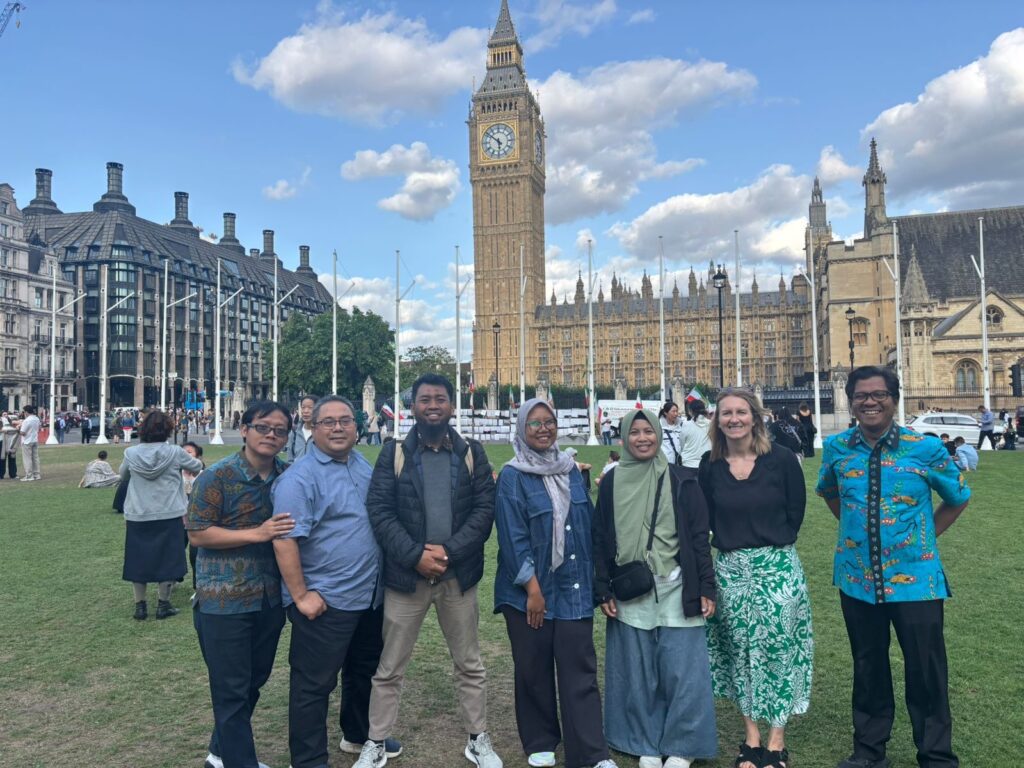
Written by Efin Muttaqin, Programme Manager for the Rekam Nusantara Foundation, and Jo Murray, Marine Wildlife Trade and Bycatch Lead at Cefas. “The greatest challenge of the 21st century is to raise a new generation that understands the importance of …

By Sarah Allison The Ocean Country Partnership Programme is a bilateral technical assistance and capacity building programme that provides tailored support to countries to manage the marine environment more sustainably, including by strengthening marine science expertise, developing science-based policy and …

Author: Amy Anderson (MMO) In October, the Marine Management Organisation (MMO)’s Global Marine Team undertook a deployment to Madagascar under the Ocean Country Partnership Programme (OCPP). The Ocean Country Partnership Programme is a bilateral technical assistance and capacity building programme …

By Frances Mynott and Clement Garcia, Cefas leads for the mNCEA programme. Our understanding of the benefits that our marine and coastal environments provide are improving through the Marine Natural Capital and Ecosystem Assessment (mNCEA) programme. Started in 2022, mNCEA is …
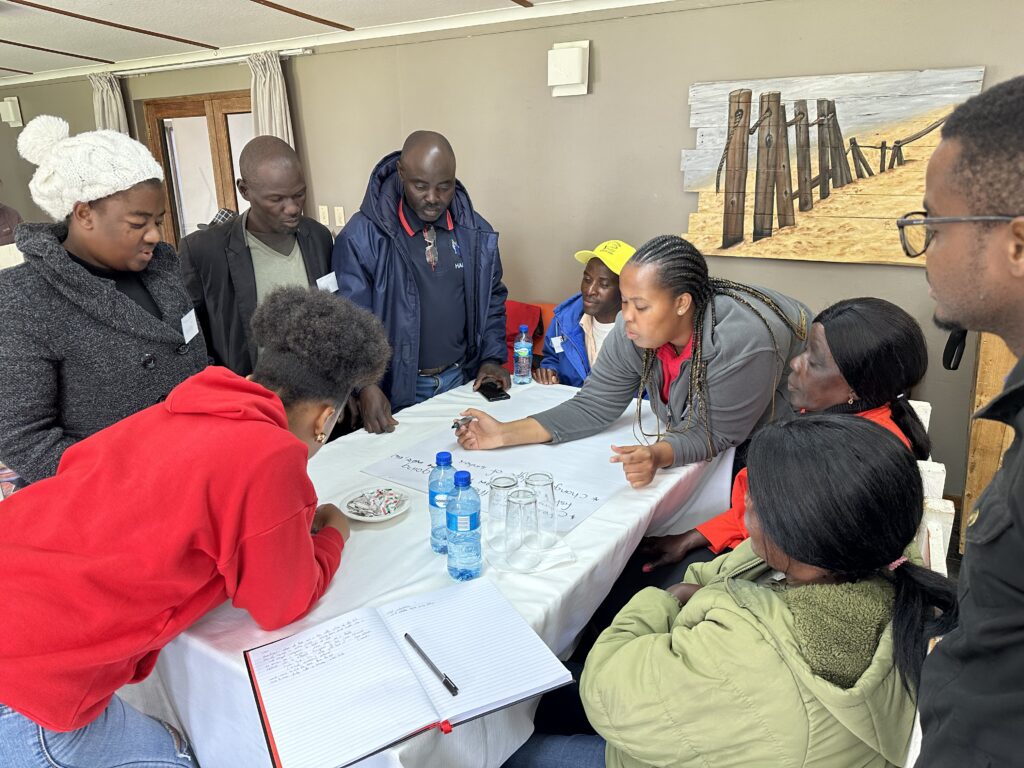
In this Q&A, Georg Engelhard Principal Marine Climate Change and Fisheries Scientist at Cefas, discusses a new One Ocean Hub paper titled “Climate risk assessment of the fisheries in Namibia” and its associated policy paper. It is the outcome of …
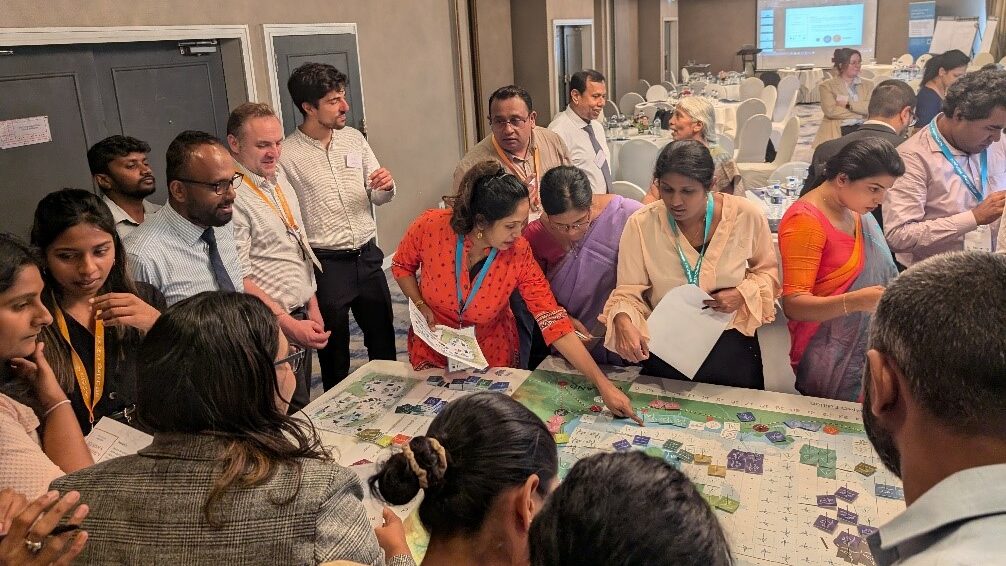
Authors: Lois Duff, Hannah Lawson A team from the Joint Nature Conservation Committee (JNCC) and the Marine Management Organisation (MMO) travelled to Sri Lanka in July 2024 to build on the support offered through the Ocean Country Partnership Programme (OCPP). …

Authors: Ross Robertson (Defra), Martin Arris (MMO), Rebecca Skirrow (Cefas) and Thomas Catchpole (Cefas) What is REM and what are our plans? Remote Electronic Monitoring, or REM for short, is a data collection tool that can be installed on vessels …
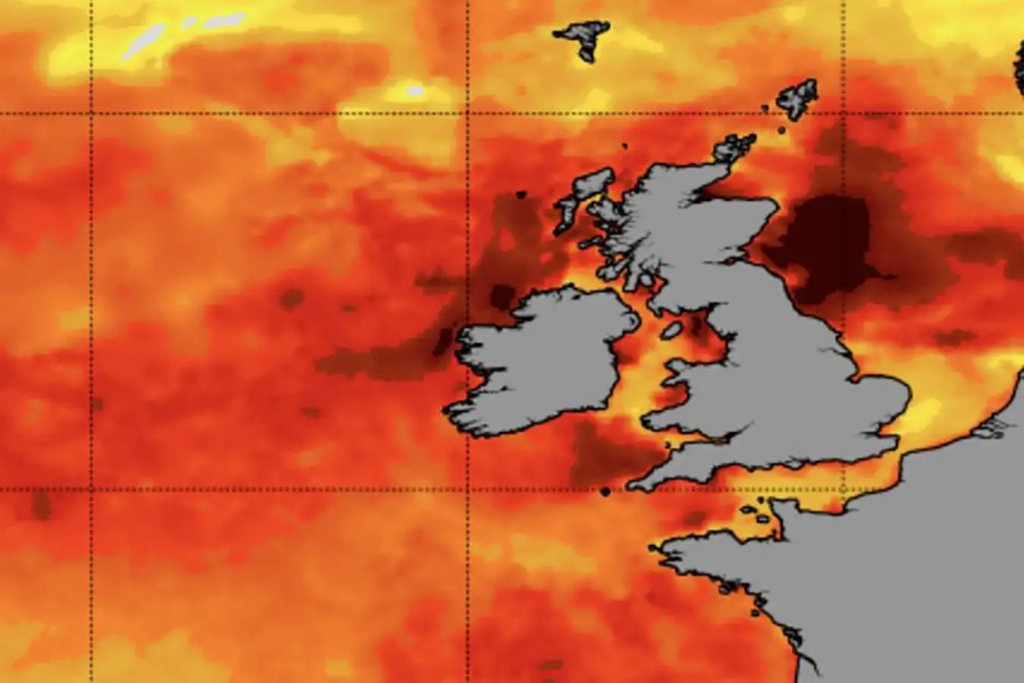
By John Pinnegar, Director of the International Marine Climate Change Centre, Cefas and Caroline Rowland, Head of Oceans, Cryosphere and Dangerous Climate Change, Met Office. In 2023 and 2024, global air temperatures reached unprecedented levels, with 2023 being officially the …
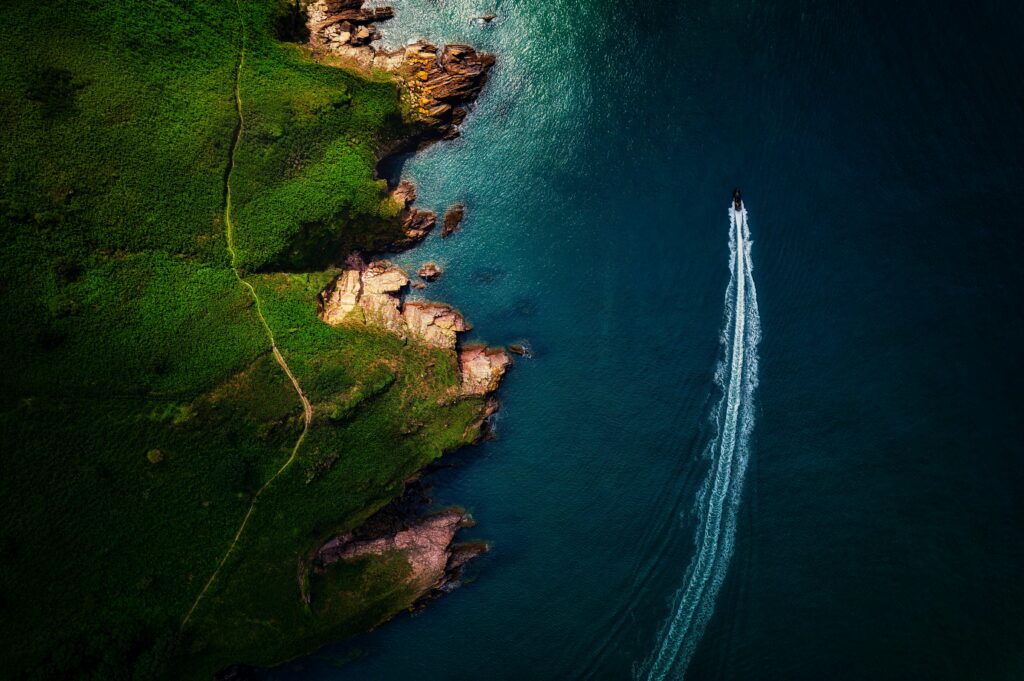
By Clement Garcia and Frances Mynott, Cefas leads of the mNCEA programme. The Cefas-led project, ‘A seascape natural capital approach for sustainable management (Seascapes)’, is part of a 3-year Defra funded marine Natural Capital and Ecosystem Assessment (mNCEA) programme. mNCEA …